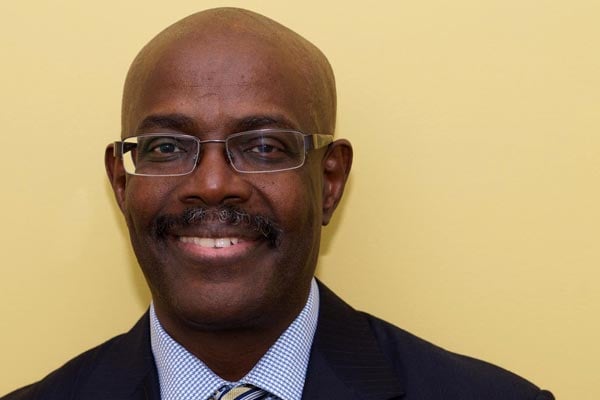Prime
Museveni 2026 – and 2031? The hand of an evil genius

Author: Charles Onyango Obbo. PHOTO/FILE
What you need to know:
- If Museveni is an evil genius, it has been most on display in how he is going about his 2026 campaign.
A good friend was once a diehard supporter of President Yoweri Museveni and the ruling National Resistance Movement (NRM) in its early years.
Then he became disillusioned, grew deeply distasteful of Museveni, and took a shine to opposition tree-shaker Dr Kizza Besigye.
Recently, I listened to him at length explain to me why he will vote for Museveni in 2026. This, even though he has even greater admiration for Besigye these days, and thinks Robert Kyagulanyi (Bobi Wine’s) National Unity Party’s shock to Museveni and NRM in the 2021 election actually helped advance the cause of democracy in Uganda, but it’s Museveni in 2026.
There are two notable things there. First, like many people who know Ugandan politics and Museveni well, he has read the signs correctly that the President is already running for a ninth term (two of them unelected) in 2026.
If Museveni is an evil genius, it has been most on display in how he is going about his 2026 campaign. To begin with, for the first time he has allowed insiders to openly campaign to succeed him. From what Ugandans have seen of the potential successors, Museveni, warts and all is clearly a much better deal. Thus, people like my friend, will not only vote tactically for Museveni in 2026 but are also shifting their public posture toward him in order not to weaken his hand.
If you track sentiment toward Museveni today in the mainstream and social media and compare it to 2020, the difference is striking. The level of hostility toward him has dropped significantly.
He’s also developed a two-track strategy to deal with his “NUP problem”. That controversial Sh40 million that was paid to MPs to “thank” them for passing the supplementary budget, was a poison chalice. The fact that opposition MPs happily collected it, and a few only returned it after the story was broken by the media, greatly helped advance the “they are not any different or better” narrative. In other words, the point was well made that there are no saints out there who are alternatives to Museveni or, collectively, to the NRM.
That was just the start. Expect several other such payouts in the next four years.
It’s in the structural things, whose significance is yet to be fully grasped, that he is making killer moves.
First, there has been all talk of amending the Constitution so that the president is elected by Parliament, not directly by the people.
Together with that, Museveni has publicly displayed his rapprochement with former NRM Secretary-General and Prime Minister Amama Mbabazi.
Thirdly, is the Parish Development Model (PDM), the much-touted supposedly bottom-up wealth creation born out of the 2021 election. Like its ill-fated predecessors like Entandikwa, Operation Wealth Creation, and Emyooga, PDM is seen by doubters as just another patronage vehicle to reward NRM constituencies and buy the next election. But there’s something different.
The amendment of the Constitution to have a president elected by Parliament would have to come like the 2005 removal of presidential term limits. The removal came with a reintroduction of multiparty politics.
Museveni’s view of the architecture of his succession is emerging in all this. He seems not to think that one reliable loyal strong man or woman will guarantee his security if/when he leaves office. He seems to want to do that by creating competing centres of power, with one checking the other, neither able to dominate Ugandan politics as he has done.
We are likely to have a German or Israeli setup, where the president is the leader of the majority party in Parliament, but the Prime Minister, who is either a ceremonial figure or loose deputy to the president, is the one who is elected by parliament. Or vice versa.
The biggest difference between PDM and previous “development” programmes, is that it is more political. It attempts to go back to decentralization/devolution. There are elements of that that are going to work themselves in the talked-about constitution amendment. It shouldn’t be a surprise that the Local Council 5 chairperson emerges as a bigger regional figure, a kind of provincial governor.
It’s likely that the regional authorities could be given control over the large army of local defence units (LDUs) who have been recruited in recent times.
These actions would be drawn out from about early 2024 to 2031 and totally consume the country, enabling Museveni to keep a firm grip on the political levers for another seven years at least.
Of course, as the saying goes, the best-laid plans of mice and men often go awry, but that is not going to hold back our Man from laying the plans.





